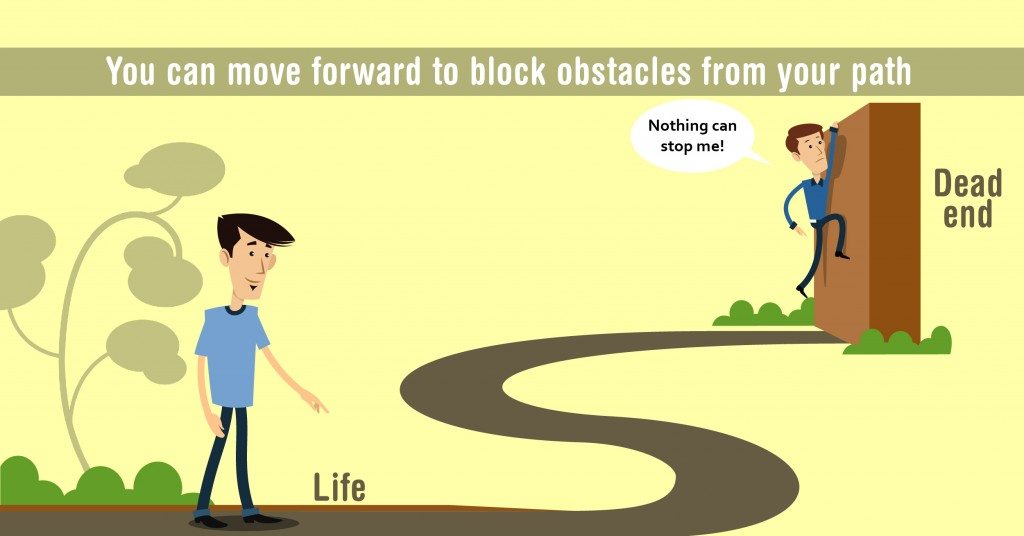Remember Archie Comics where Archie is sandwiched between Veronica and Betty? Veronica is a gorgeous go-getter who is brash, brimming with confidence and self-assured. Betty, in contrast, is a sweet girl who is ever nice, understanding and polite. Of course, Betty considerate and smart but what does she get in return? She is almost always taken for granted!
How often have you felt exploited, used and being taken for granted for being nice to others?
Being overly nice can be over-rated!
The concept of ‘being nice’ is ingrained within us to such an extent that we have become habituated to being too nice even at the cost of trampling our own sense of self-respect and dignity. Research studies indicate that individuals who are extremely nice to others tend to have an excessive and constant need to seek approval of others and end up being people-pleasers.
According to Les Barbanell, psychologist and author of Removing The Mask of Kindness, extreme selflessness is a character trait that can be used to mask a variety of psychological and emotional problems.
Furthermore, behind the mask, there is often misery, emotional isolation, guilt, shame, anger, and anxiety. This is not to say that we need to become offensive, rude or impolite; rather it is about becoming aware of some of the ways in which we can avoid being taken for granted.
What can you do about this?
1. The art of saying ‘No’ graciously
People who are overly nice have a tendency to say ‘Yes’ to everything – even when they don’t want to. If you can relate to this, think for a moment and pause before giving an answer based on your convictions and priorities.
Saying ‘no’ makes a lot of us nervous and when we are nervous there is a tendency to keep talking, and talking, and talking. Avoid getting into such situations by keeping your answers short and precise.
Here are five general pointers that can help you to say ‘No’ politely:
- Start with a compliment (if one fits the situation).
- Give your answer.
- Say thank you.
- Encourage the person.
- Change the subject or excuse yourself.
Note: Be conscious of your facial expressions and body language. Keep your demeanor light and do not forget to smile.
A smile says “No hard feelings.”
2. Be assertive instead of being passive
Assertiveness is a skill that takes practice. It may be easier for you to swallow your feelings, scream at someone or give them the silent treatment. But assertiveness is a better strategy in the long run.
Being assertive means that you communicate in such a way that you stand up for your point of view while also respecting the rights and beliefs of others.
This is a core communication skill and can be applied in the context of all relationships – be it a tricky situation at work or conflicts within the family or disagreements with friends. While being assertive, it’s critical to pay attention to your voice tone as it’s not what you say that matters but how you say it!
Some general examples of assertiveness statements can include:
- “I’ll think about it and get back to you.”
- “I disagree with you. I see the situation this way.”
- “I get scared when there’s yelling. I’d be more comfortable talking if you’d lower your voice.”
- “Thanks for keeping me informed, but I can’t make it this time.”
- “I’m hurt that you’re walking away from me in the middle of my sentence. I’d feel better if you stayed until I finish.”
3. Don’t compromise on your self-respect:
If someone else is devaluing you, there’s a good chance that you are doing the same thing to yourself so change has to start with you. Change starts when you begin to assess your self-worth and truly accept all your strengths and flaws.
The right changes will occur when you respect yourself despite your weaknesses as there is no one who is perfect anyway.
Make conscious efforts to treat yourself with enough respect to confronting anyone who is taking you for a ride or using you for their gain. You have to be more self-validating. Also,remember that the essence of us is worthwhile. So, love yourself and stop allowing others to take advantage just because you are nice.



